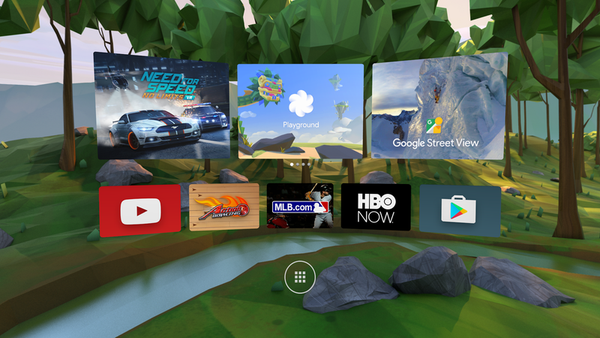Google is partnering with various handset makers in a bid to make virtual reality closer to consumers.
At the Google I/O Developer's Conference 2016 held in San Francisco, California, the tech giant unveiled Daydream, an all-in-one platform meant for headsets, smartphones and controllers that will enable mobile device makers and app developers to fully embrace VR.
Among those tapped to create VR-ready handsets using Daydream are Xiaomi, HTC, Samsung and LG. Reports indicate that said manufacturers will be rolling out Daydream-ready devices by fall.
Daydream will be based on the Android N system, which will cover the hardware and software components of devices. For the latter, Android N will have a VR-based version of the Google Play Store. Partners such as Hulu, IMAX and Netflix, as well as Google-based apps such as Street View and YouTube, will have a venue from which they can access content.
"The platform will enable handset makers and game developers partnering with Google to take advantage of [a] unified set of specifications and programming interfaces and have an easier time creating new VR applications," said PhoneArena.com.
The electronics website added that Google will set standards for Daydream-ready devices.
The company has already created a VR headset design catered to potential manufacturers of VR goggles. Google has also made a VR remote control, which uses two buttons, a touch-sensitive surface, and a motion sensor to provide basic navigation and gaming controls, wrote PhoneArena.com.
According to CNET, Daydream aims to be the "de facto standard for mobile VR" that will eventually help VR "go mainstream sooner than later."
"[W]ith Daydream, Google believes a more comfortable viewer, intuitive controller, a set of rigid requirements for the smartphone and new optimizations in the Android N software will help manufacturers deliver 'the best smartphone-based mobile VR experience' on the market," said CNET.



























